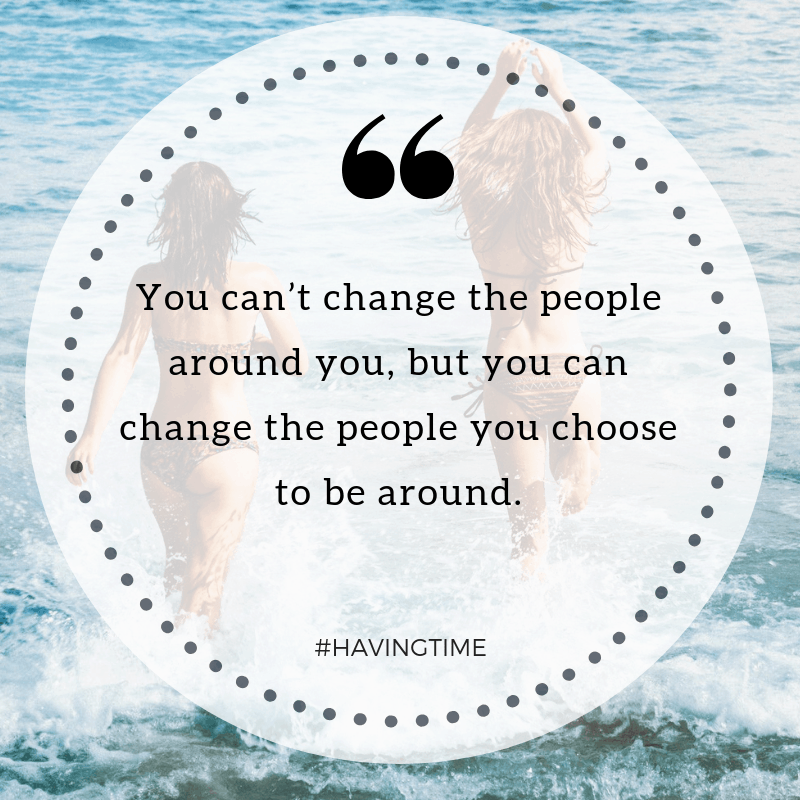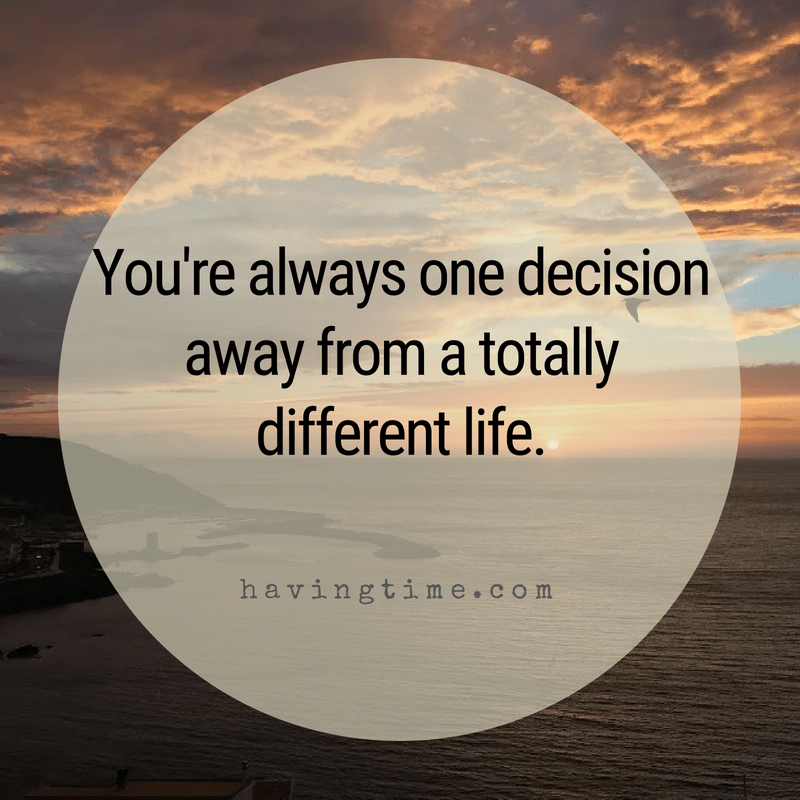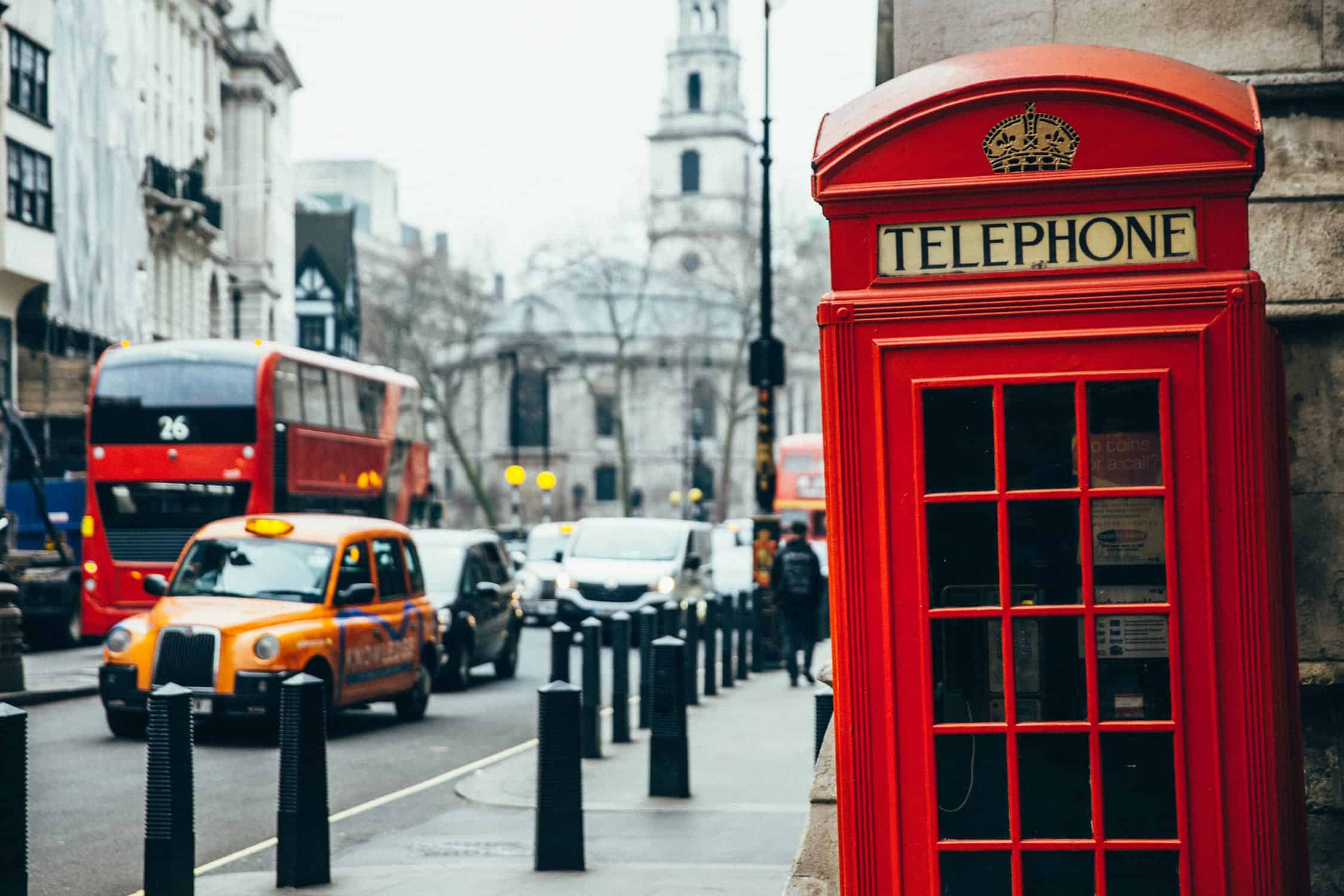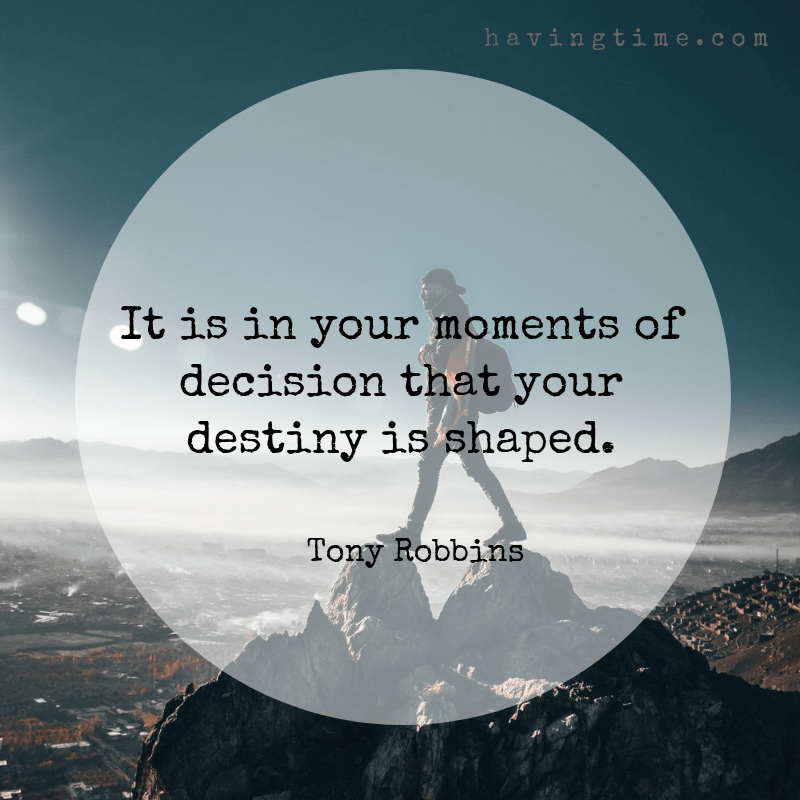Moving to a new country, a new life, and facing new challenges.
If you ever had to deal with moving to new countries, then you probably know and still remember how tricky it was at times to adjust to the new ways of life in that country, get used to its culture and traditions. But if you are new to the subject and desperately want to find out what to expect when you move to live abroad, keep on reading.

The Challenges of Moving to Live Abroad are Real, But So Incredibly Life-Expansive!
Hey, there, havigntimers, I’m currently on my 3rd big move: 3.5 years in San Francisco, after living two years in London, with the previous two on and off. Before that, I resided in Bucharest for eight years, and I was born in Baia Mare, which is north of Transylvania. And here are the life lessons that I’ve learned from moving to new countries.
From Baia Mare to Bucharest
Even with my first more, I felt that I was moving to a new country, even within the official borders of Romania, because there, as in a lot of places, north and south have significantly different cultures.
The language is slightly different – accents and words used differently, the speed at which people speak is different too, and on top of that, there’s a values shock when moving from 120,000 people town to a 2.5M people metropolis!
When I first got there, I was 19 years old and got into one of the top universities in the country, but I only knew four people in the entire city – two childhood friends, and two former classmates.
My goal of moving 500 miles across the country was to challenge myself and avoid the default comfortable life that I would have had in Cluj, only 100 mi away from my hometown, and now dubbed the Silicon Valley of Romania.
The first few months were hard, and I was disappointed by the people I had met in college. One of my friends was also my roommate, but he spent his time playing computer games and talking to our next-door neighbors, who weren’t necessarily bad people but weren’t the kind of people I had aspired to hang out with.
So I looked around for ways to break into the social life of the city, and I found that way through AIESEC, the most competitive and most exciting youth NGO that was recruiting at that time in our university.

Competitive and exciting were vital here, as I wanted to interact with the top of the top, so after a few months in their process, I got in. Needless to say, after three years, two leadership positions, I emerged with friends, connections, and fully immersed in the Bucharest life.
After three years, I had unlocked its potential. It hadn’t been easy; after year one, I almost transferred to Cluj, but there was a part of me that still wanted to push on, in spite of the mental lows I had been having. That part would continue to push me forward and out of Eastern Europe.
From Bucharest to London
The second time I decided to move, it was a long time coming. I had entertained the thought of leaving Romania since 2010. Still, I had the fortune again to be working on one of the most challenging communications and marketing projects in our region, a controversial mining project. For me, that became the deciding factor to wait it out and see if Romania would be business-friendly enough for me to grow or not.
I also freelanced, started, and closed down a few companies/ideas. I also got into Hult International Business School, in their London chapter, the only top 100 US Business school with an Executive MBA in Europe, that was commutable monthly.
So there I was, in 2012, with student debt, a monthly Bucharest-London commute, and no idea what the future would hold for me.
Moving to London was more of a professional decision, once the mining project stopped in Romania, and I had developed a network of friends and connections there, it was relatively straight forward to make a move.
It was on one flight that I had a chat with a London colleague of the mining company’s investor entity. He connected me with the CEO, whom I convinced it was worth bringing me in. Both from a value/cost optimization perspective and since January 2014, from a work permit perspective – as Romanians could now live and work in the UK.

First 6 months were tough, I moved there with my then-girlfriend, now wife, and only I had a job, to begin with. It was part-time, I was doing consulting on the other days, a food-tech startup and had another company back in Romania with an MBA colleague.
Let’s just say I was busy.
After seven months of living in a studio in Zone 3, we found out about Airbnb and how people were playing the system by getting two-bedroom apartments and renting one out. We eventually got a place right on the river Thames, near Southwark station and started that hustle.
The whole thing worked out well for about 1.5 years that we stayed in London for, but it was a lot of work.
Socially, of course, London was fun, vibrant, lots of new people we met through various connections that we both had.
I tried again to find groups that curated like-minded people. Still, this time I failed and had to start my Romanian Entrepreneurs in the UK group – together we met on a monthly basis either for drinks or for a round table discussion.
About a year into the London full-time adventure, I decided to hang my entrepreneur gloves and joined a fintech startup.
About the same time, the US visa lottery program results came in, and, having won the right to be processed, we began preparing documents for the visa interview, which we aced. Greencards in hand, the clock had started to count down to July 2016, when we decided it’s time to move to the United States of America.

I had worked in an 80% British office, my wife had worked in a 100% British office, and neither of us felt 100% welcome there. It was only when both of us had landed in multi-ethnic, immigrant-friendly companies that we finally felt more as part of the group. This divide weighed heavily on our decision to leave, coupled with the rigid and hierarchical work culture, along with age-related income and career progression ceilings.
The disengagement part was a bit more taxing for us, personally, given that, when we left Romania, it all happened quite fast – 1.5 months between when we decided and when we boarded that 1-way flight to London.
This time, it took well over one year to get all our ducks in a row. It was tough on relationships too since we couldn’t build those long term bonds as we were about to take off on a new adventure soon.
For me, I decided to focus on building bridges to the US. I reached out to everyone in my network and asked them to reach out to theirs, and we looked for connections on the West Coast – either in Portland or San Francisco.
After a few more months we finally landed on 100% San Francisco and had dozens of calls and email chains with various people, I had meetings lined up to go to as we landed in California on July 17, 2016.
From London to San Francisco
The funny thing about moving to San Francisco was that we took a massive leap of faith by letting go of a pretty comfortable life in central London, tech jobs, and a great lifestyle.
We landed in July of 2016 with literally two months worth of money in our accounts and with high hopes.
The first six months were hard, between me starting a new job at an AI startup, trying to find product-market fit there, hiring dozens of people, and also figuring out life in the US – a place to stay, commutes, food, new friends.
Did I also mention we brought our cat over from London? Yeah, we picked him up one day after we landed. All 3 of us were jet-lagged for about a week or so.
Our first place in the Bay Area was in Redwood City, not too far from SF, not too far away from San Jose, but close to neither and in the middle of family-Ville; We spent about a month there, while I started a new job in SF, with a 2-3h/day commute.
That didn’t last too long, as we found a place in San Bruno, where we spent our next year. We chose that place based on a mid-day visit, on a sunny-ish day, unbeknownst to us that mornings and evenings would be foggy and gloomy. We could afford it, we didn’t have to share, and the commute wasn’t too bad.
About that time we moved to San Bruno, I got in touch with Romanian IT, a group that was working to connect the 00,000s of IT professionals that had left Romania. Long story short, together with a few new friends, we started organizing regular meetups in San Francisco, hikes, parties, and other social events. It’s been over three years, and the group has never been healthier. I think having this type of social support helped me a lot as we tore ourselves out of Europe and jumped in the US Speedwagon.

I was a bit worried coming to the US that it would be a lot more stressful and work-focused than back in London or Bucharest.
San Francisco has a very exceptional work ethic and culture. While you don’t do a lot of overtime/long days, I found myself working more intensely in the hours that I was in the office or connected (because I did work remote for ten months, recently). I started comparing work routines in my mind between what happened in a Romanian office, a London office and my new SF offices –– less time wasted on coffee breaks, smokes, shorter lunches, less pointless/long meetings, more focused work, high-quality standards and better outcomes (pay, rewards, etc.). No wonder the fastest growing companies in the world start right here in Silicon Valley.
But I digress, back to the personal journey – by the end of the year one in SF, we were already considering New York City as the next destination. We didn’t like the warm but not really weather, we didn’t connect with the people right away, and $ didn’t come easy at first.
The thing with the West Coast is that, as Europeans, we felt very alien. The culture is a melting pot where people are less socially apt. Why? Because everything is intentional. Everyone is focused on achieving with little room for random social events with no agenda, the way we were used to in Europe.
While we did go back and forth on the decision, we ultimately opted to stay for another 4-5 years in the SF Bay Area – and not just for the money. No. We found people to hang out with; we made friends with people that share our interests and beliefs; we created new routines to replace the old ones and started to appreciate the single-season weather.
I think it takes about two years to adapt to a new city fully and it’s not without effort.
You have to put yourself out there, meet new people, find new ways to enrich your life in a way that was easy and natural in the other places you have lived.
While I’m not going anywhere in the next few years, our travels have not found their end, and I’m looking forward to writing about this again in 5 years.
photo source | adobe

